(CLO) Former Philippine President Rodrigo Duterte was arrested in his home country on March 11 and transferred to the International Criminal Court (ICC) in Den Haag (Netherlands) in a state of poor health.
Mr Duterte, 79, was arrested in the capital Manila and then put on a private flight to the Netherlands on March 13. He appeared via video link from a detention centre near the ICC on March 14. When questioned, Mr Duterte only confirmed his identity and date of birth, his voice sounding weak.
This is the first time a former Asian head of state has been put on trial at the International Criminal Court (ICC).
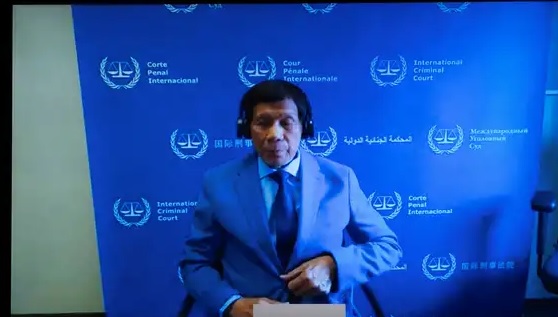
Screenshot of Mr. Rodrigo Duterte attending the court hearing via video link.
Duterte’s lawyer, Salvador Medialdea, said the arrest and extradition of the former president amounted to “blatant kidnapping.” He said his client suffered from serious health problems, including chronic neuromuscular disorders, back pain, migraines and blood clots. For this reason, Duterte was physically unfit to stand trial.
However, Judge Iulia Antoanella Motoc rejected this argument, asserting that a court doctor had examined and confirmed that Mr. Duterte was "fully sane and fit to stand trial." She also said that issues related to Mr. Duterte's health and extradition could be debated in future trials.
Meanwhile, Philippine Vice President Sara Duterte, Mr. Duterte’s daughter, attended the trial as a spectator. She had previously called the arrest an act of political persecution and said she would file a motion to move the trial to another location.
Duterte is accused of leading a brutal anti-drug campaign that lasted from 2011 to 2019, when he was mayor of Davao and later president of the Philippines. According to official figures from the Philippine police, at least 6,000 people were killed in this campaign.
Duterte’s trial will resume on September 23, when judges will decide whether there is enough evidence to proceed with a formal trial. If convicted, Duterte could face life in prison.
However, many experts say Duterte’s trial could take years. The ICC has no law enforcement force, so if the Philippines refuses to cooperate, the ability to enforce the sentence will be difficult.
Cao Phong (according to ICC, DW, CNA)
Source: https://www.congluan.vn/former-president-of-philippines-duterte-suc-khoe-suy-yeu-du-phien-toa-icc-qua-hinh-thuc-truc-tuyen-post338640.html




![[Photo] Hanoi: Authorities work hard to overcome the effects of heavy rain](https://vstatic.vietnam.vn/vietnam/resource/IMAGE/2025/8/26/380f98ee36a34e62a9b7894b020112a8)
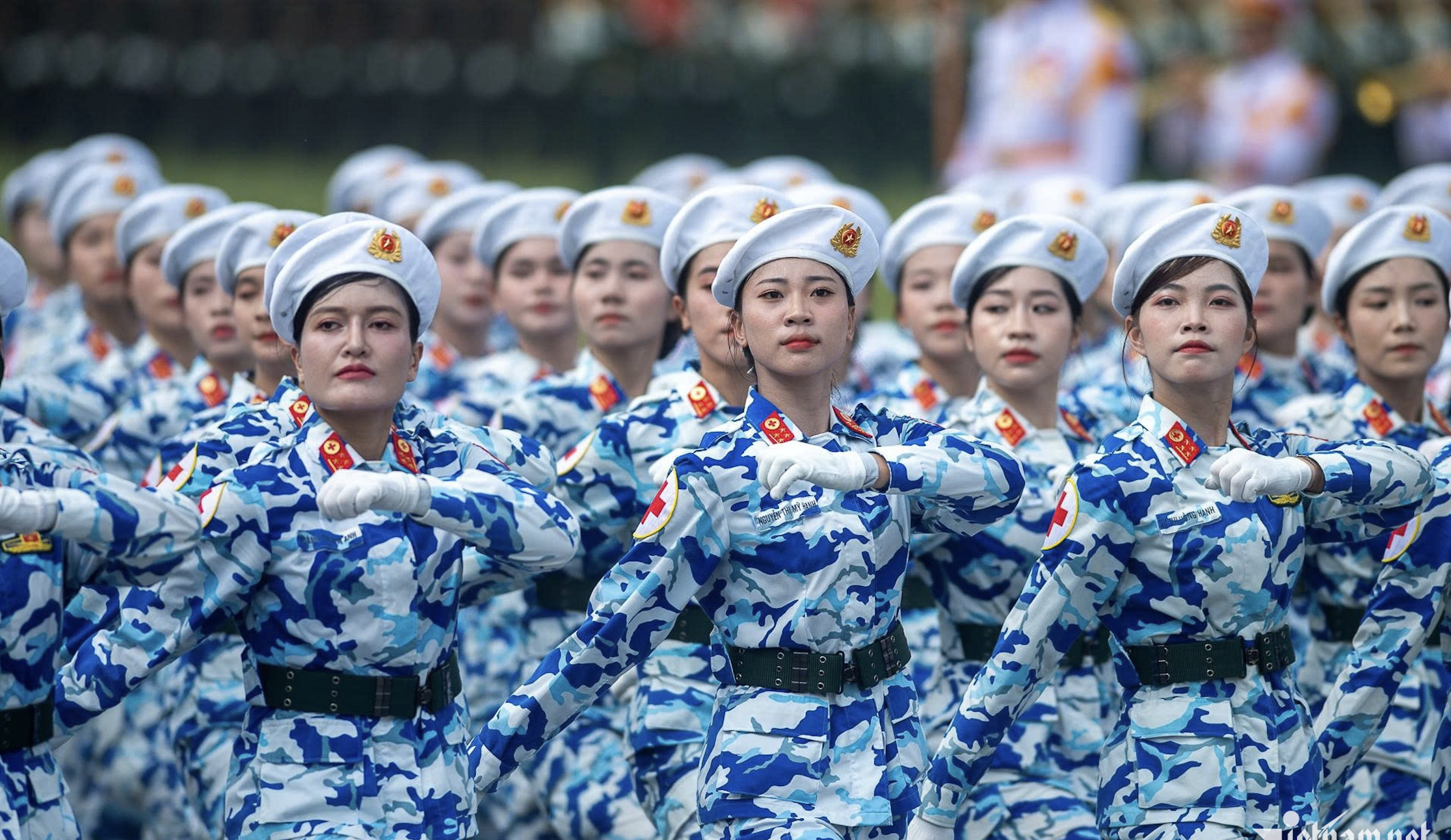
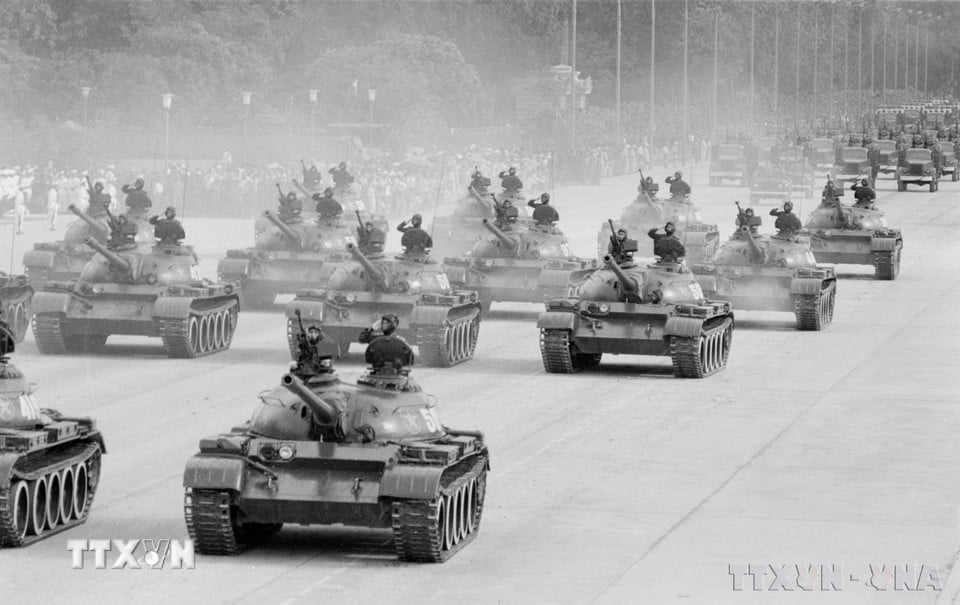
![[Photo] Multi-colored cultural space at the Exhibition "80 years of the journey of Independence - Freedom - Happiness"](https://vstatic.vietnam.vn/vietnam/resource/IMAGE/2025/8/26/fe69de34803e4ac1bf88ce49813d95d8)

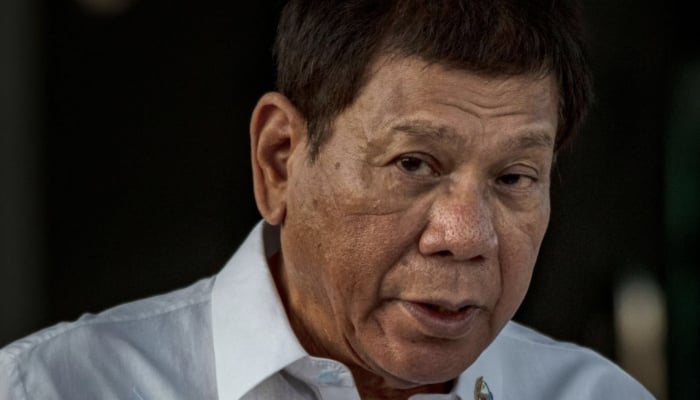
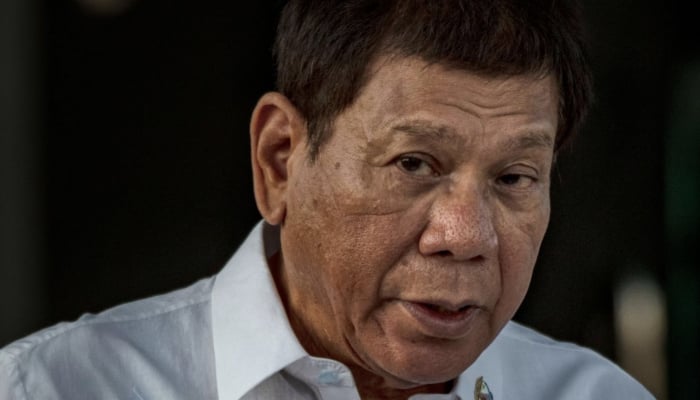
















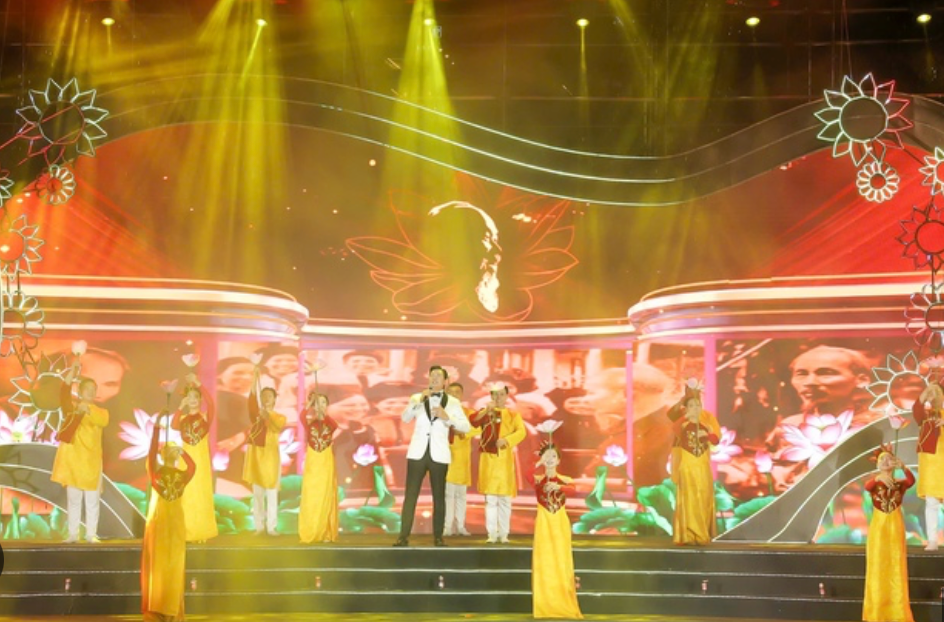




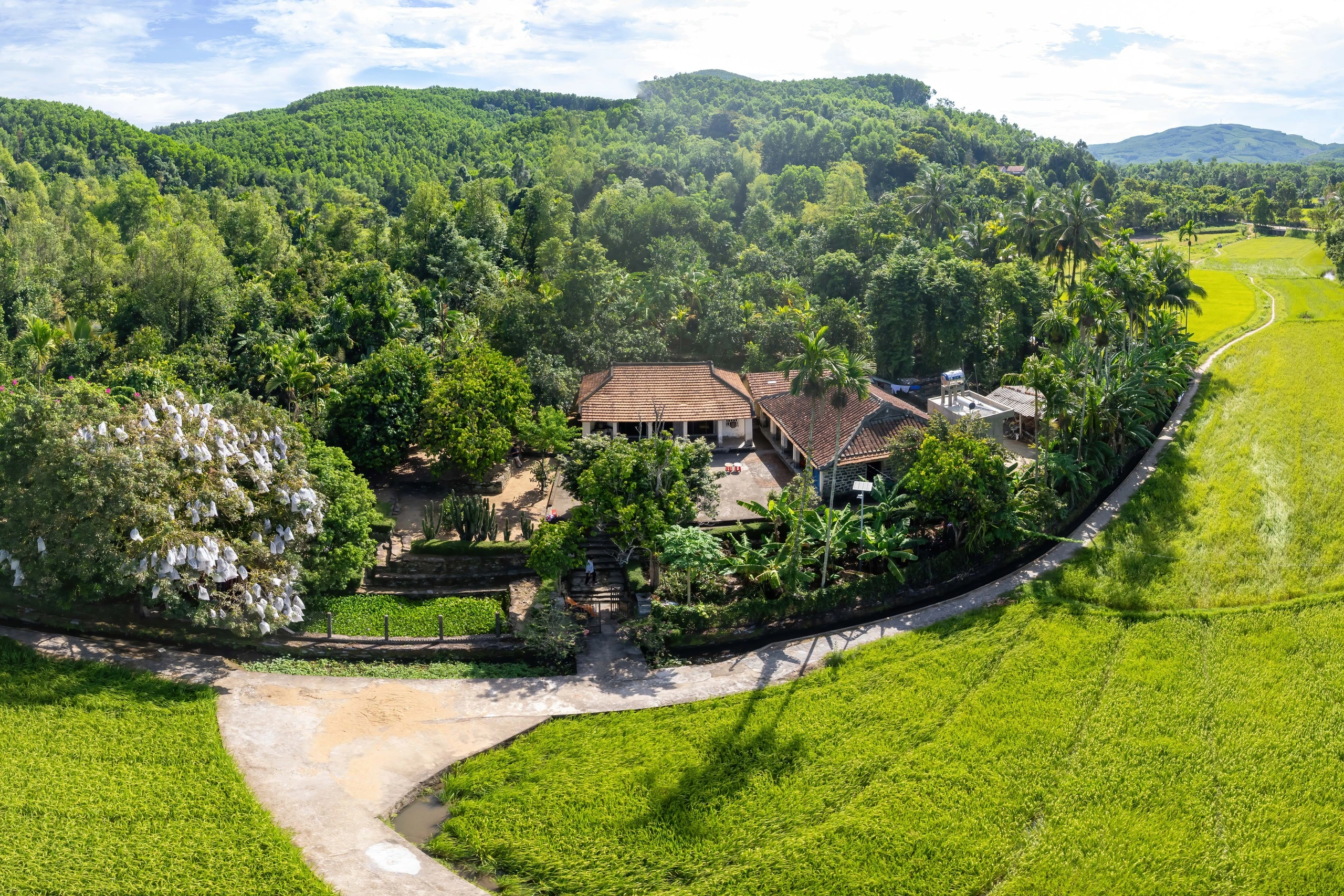

















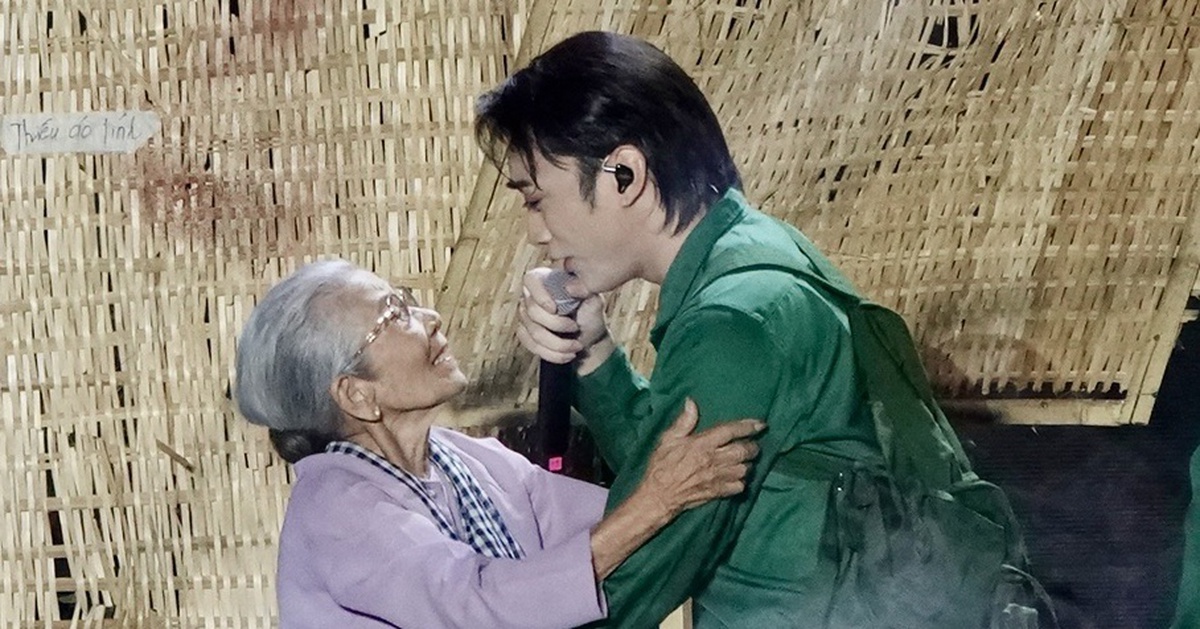
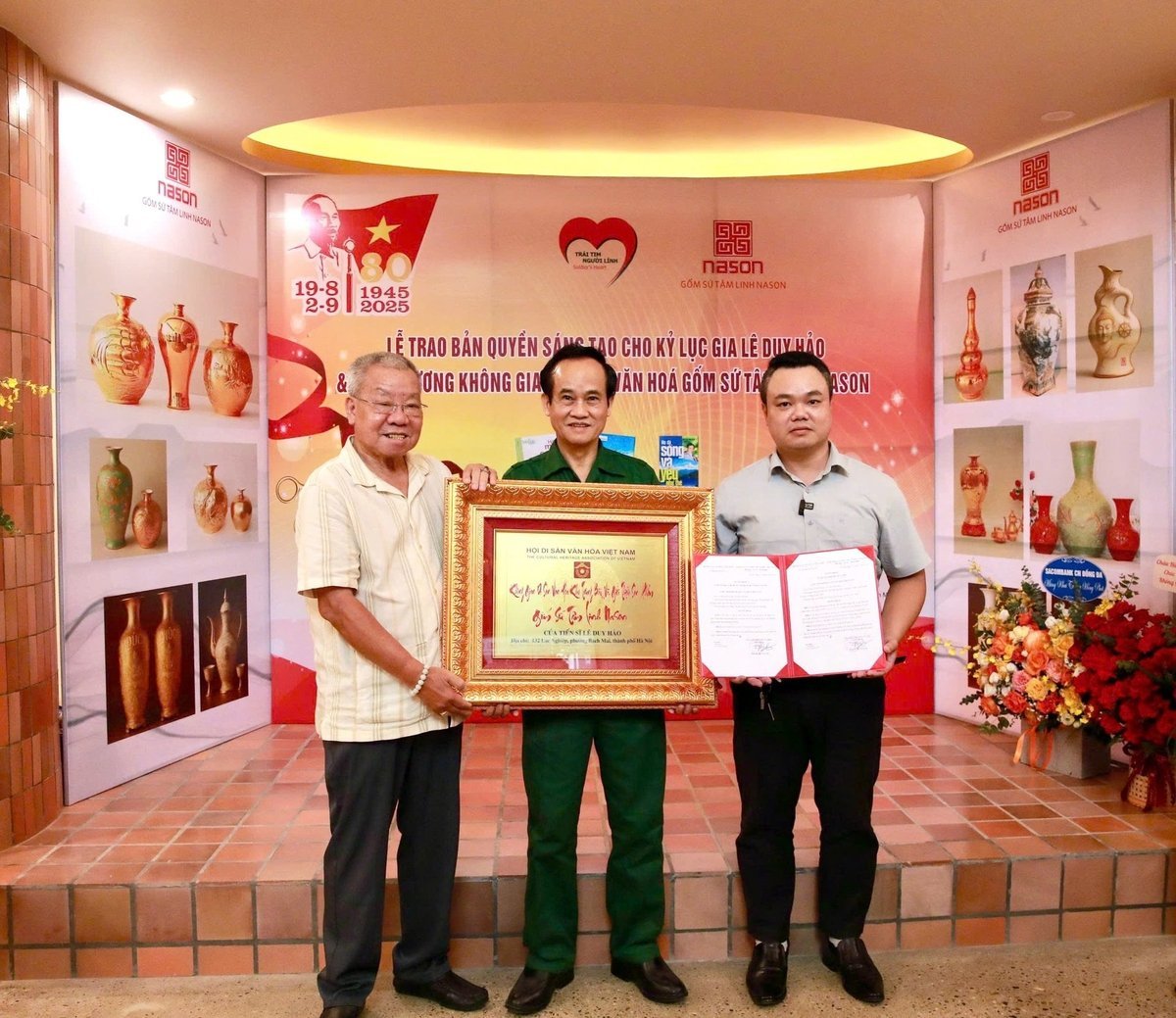







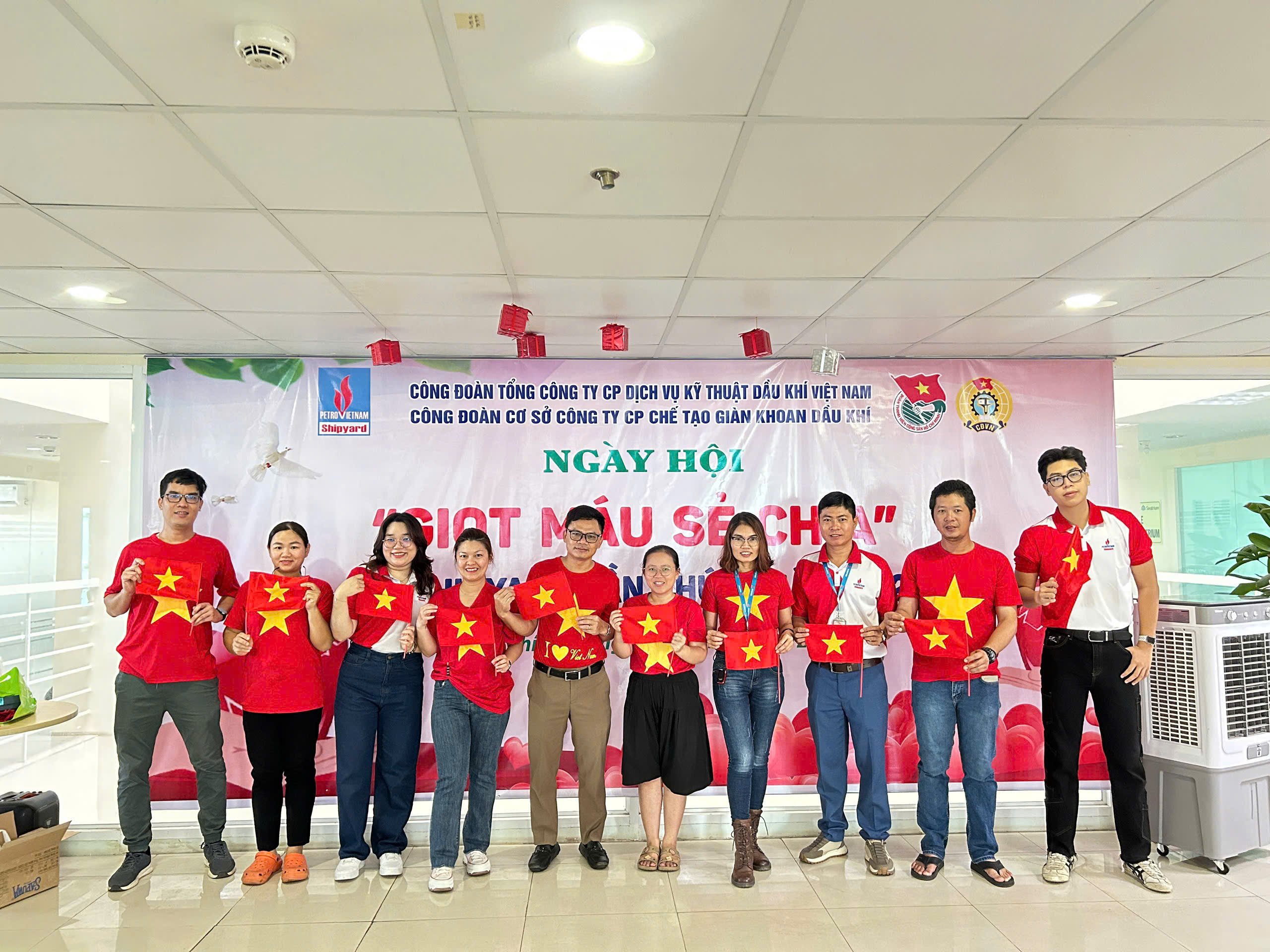
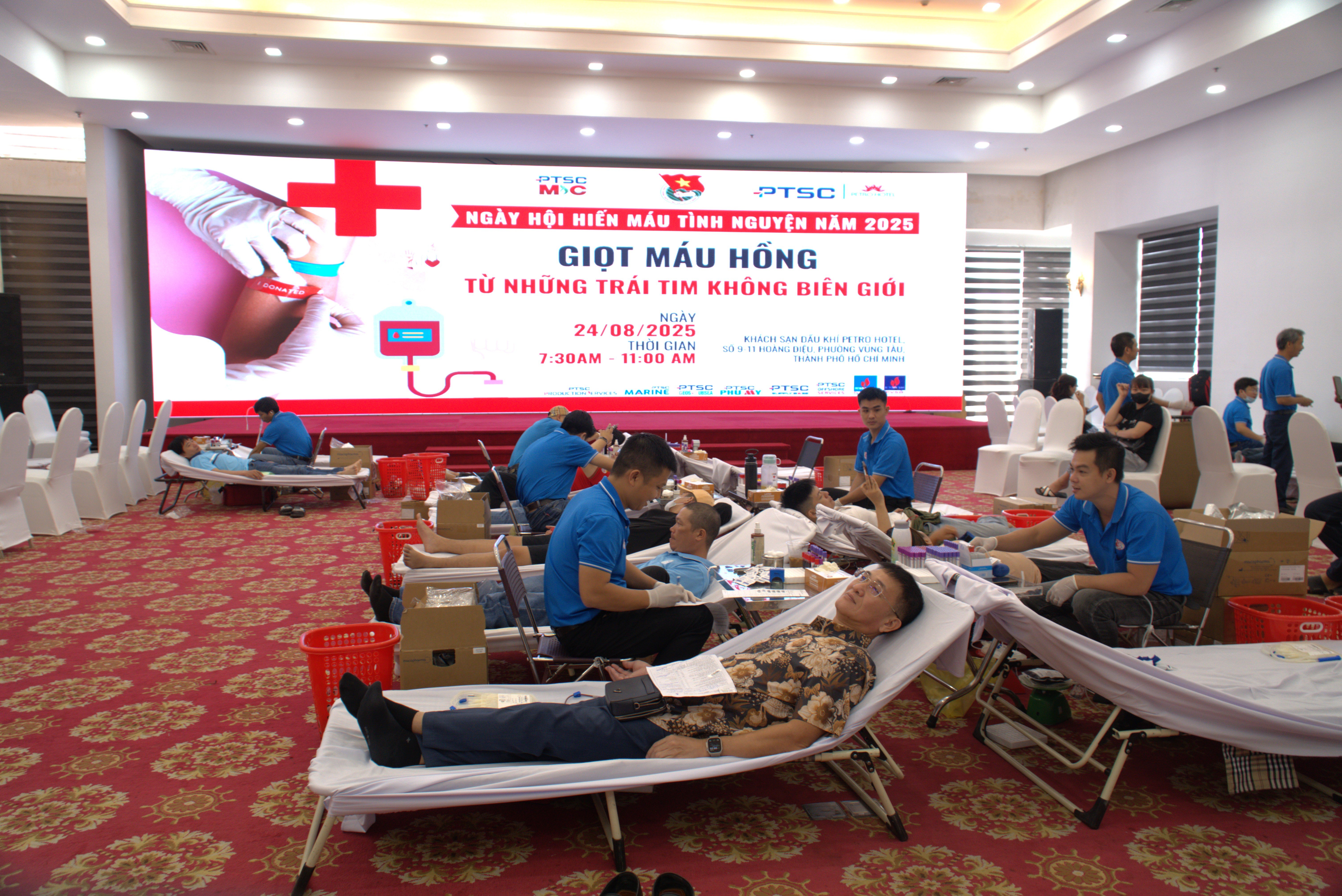
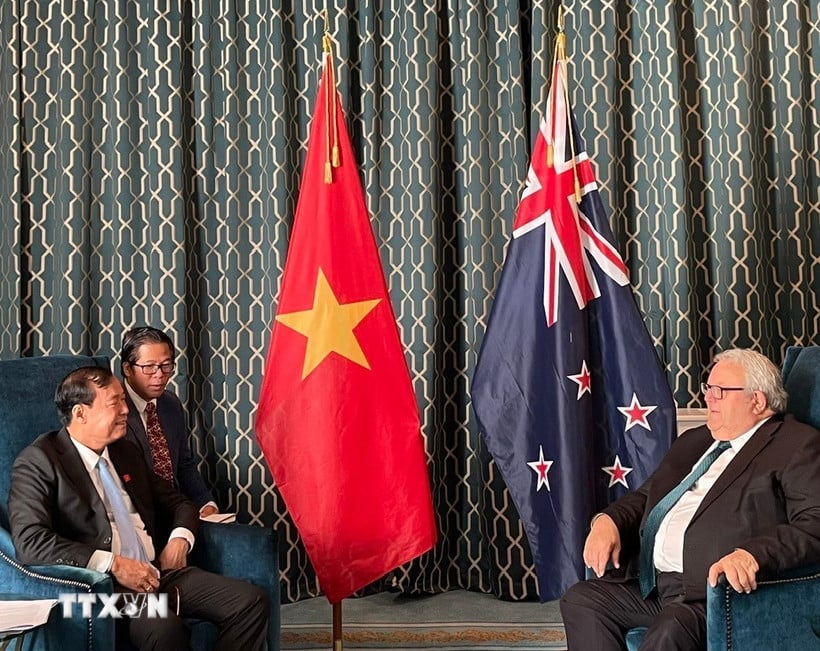

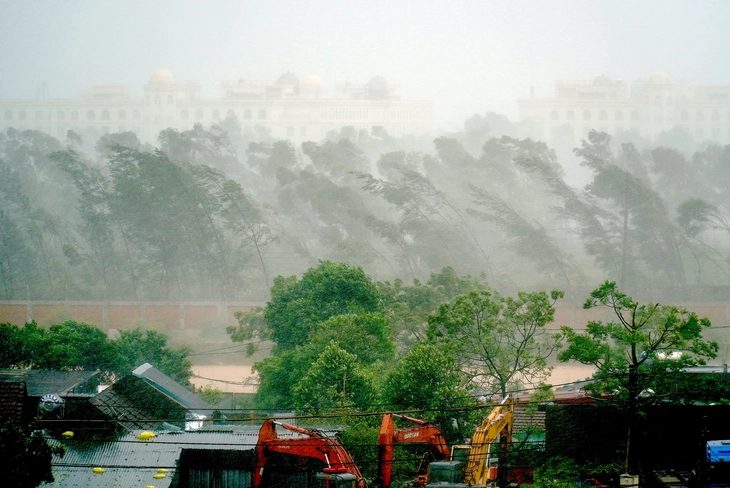
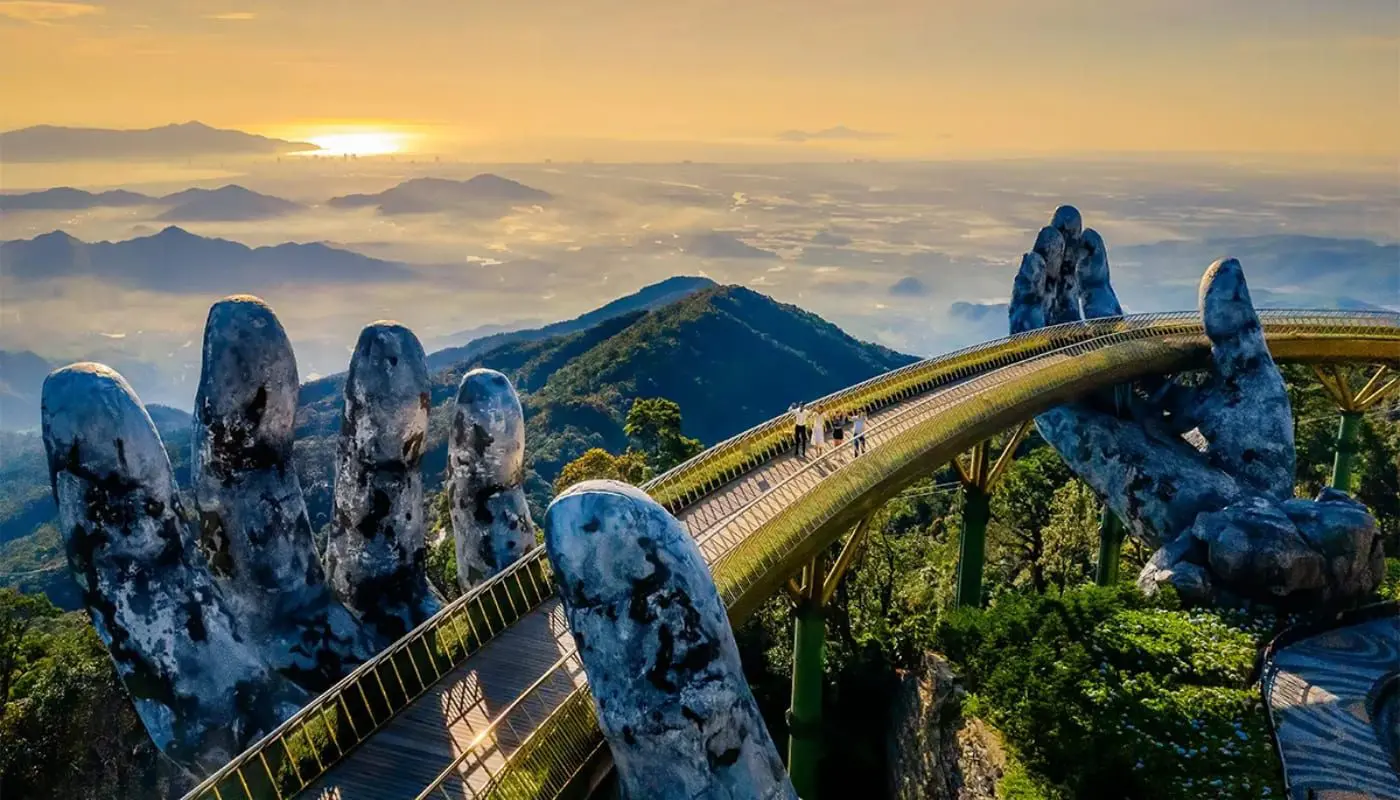
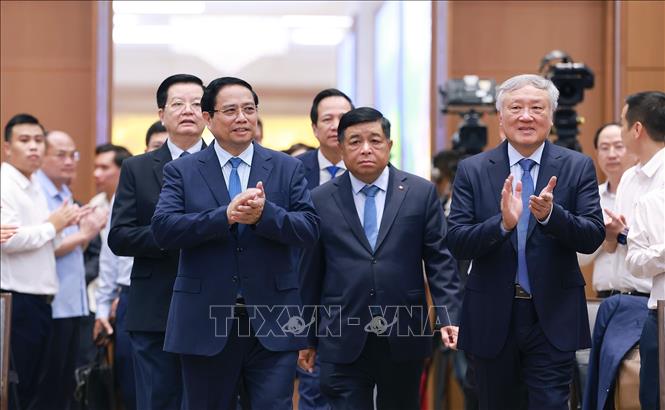
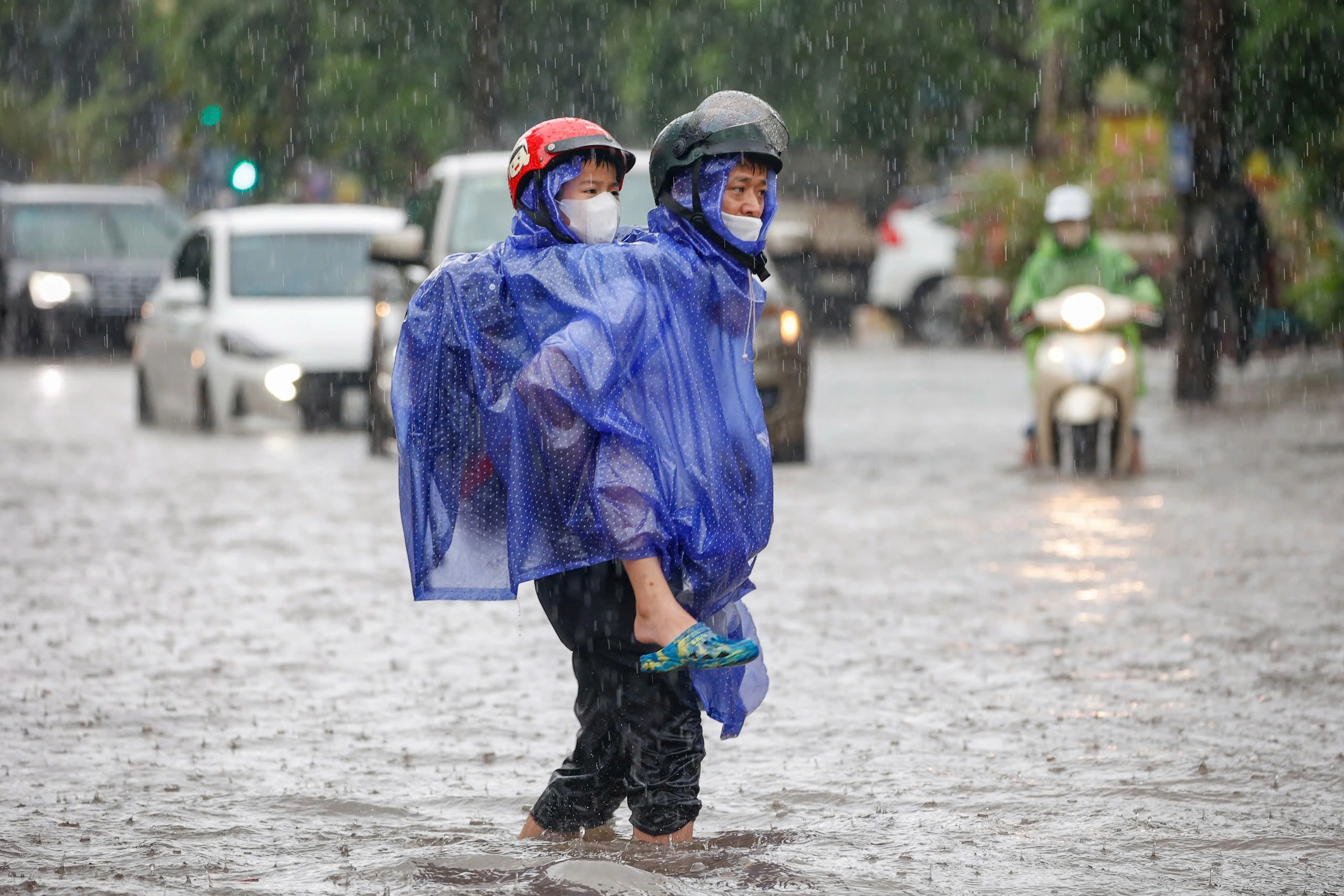
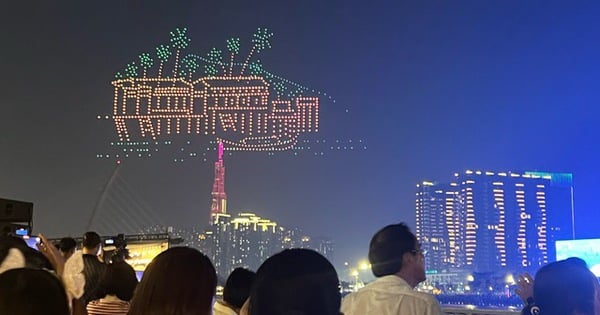

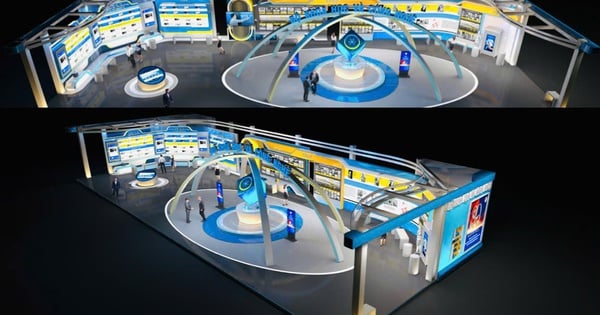

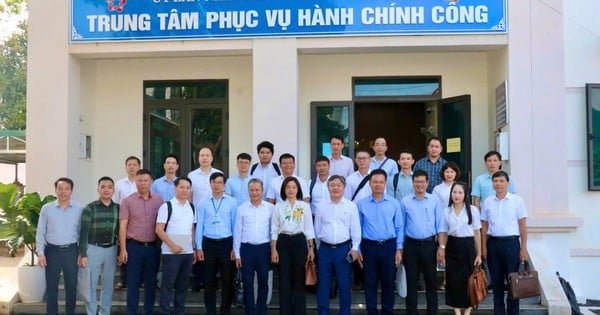
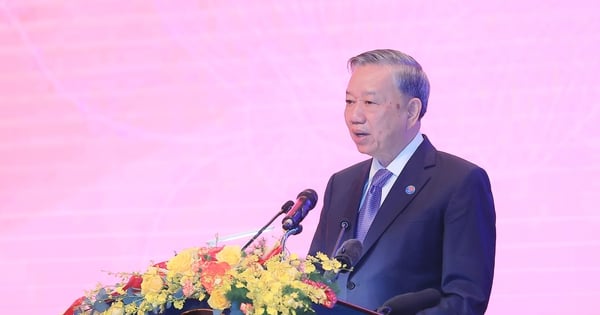
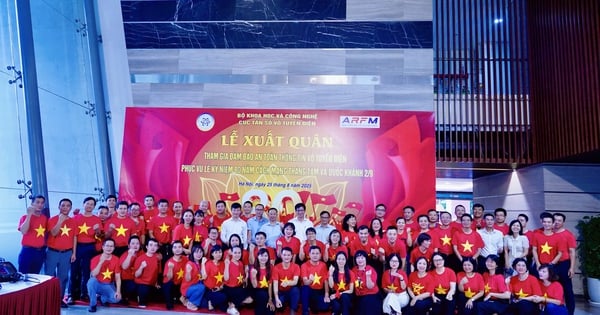
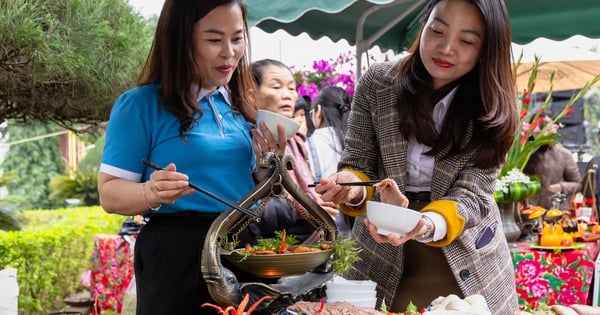
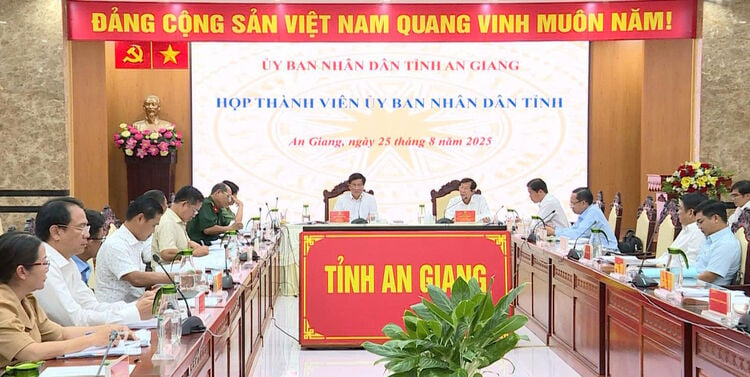

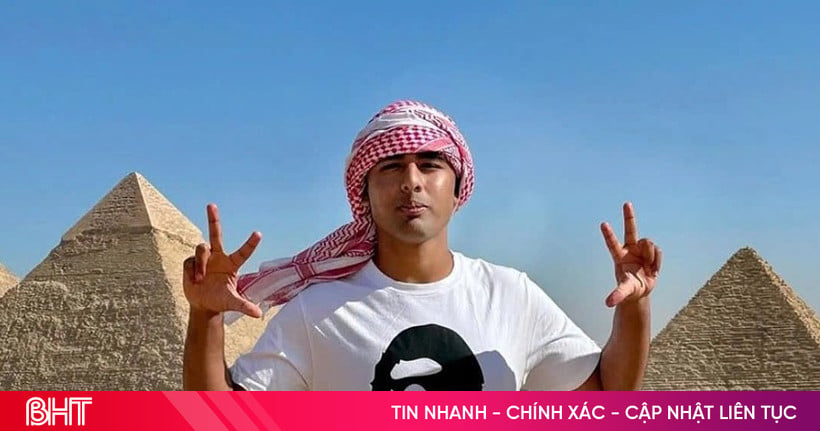

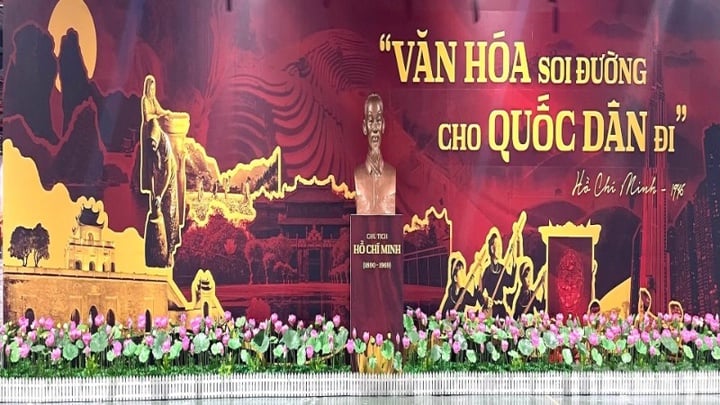

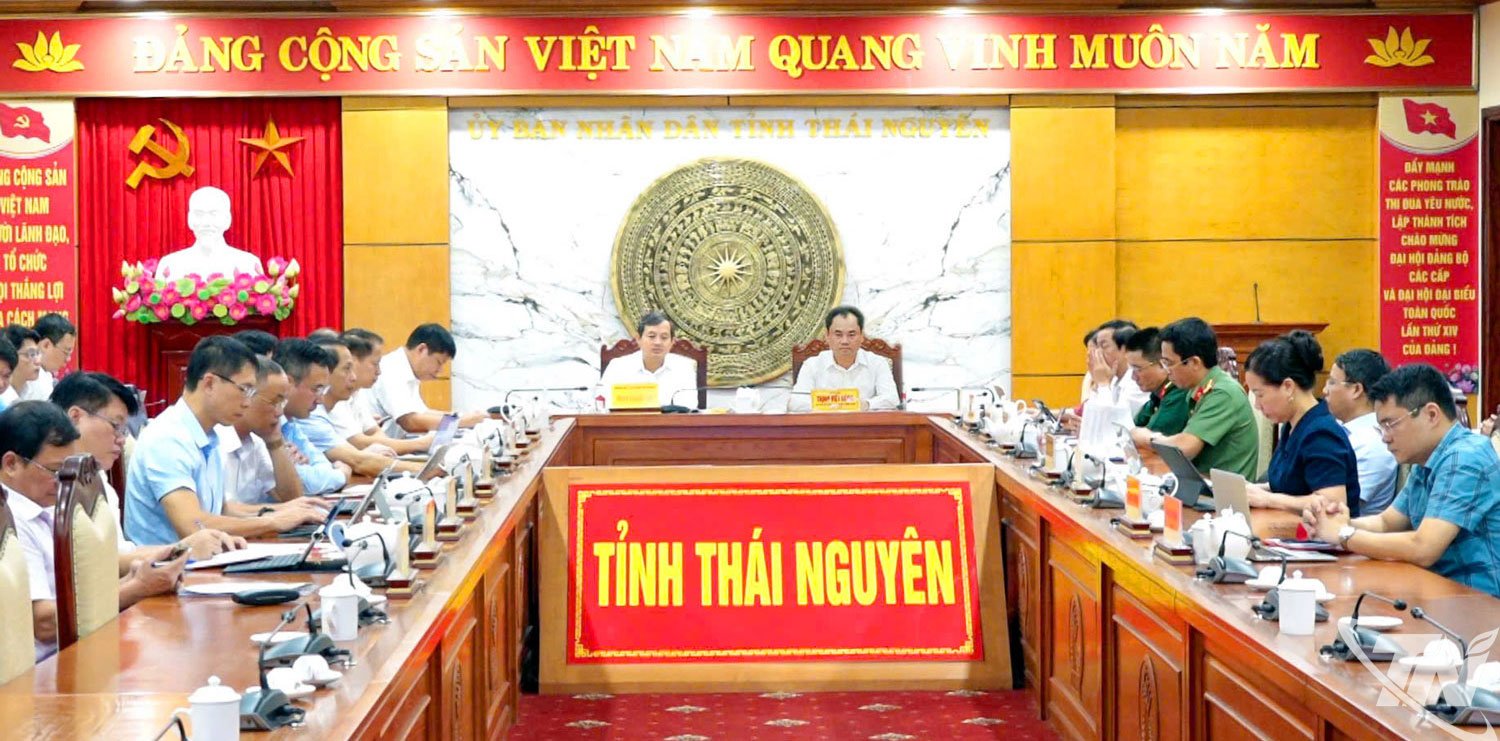

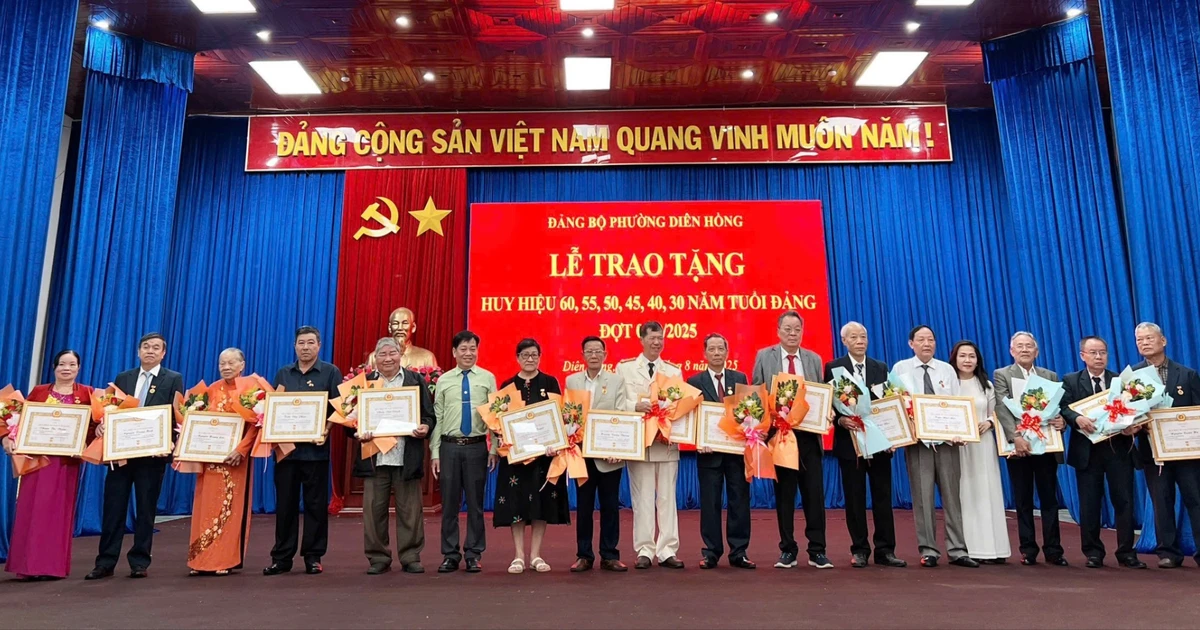



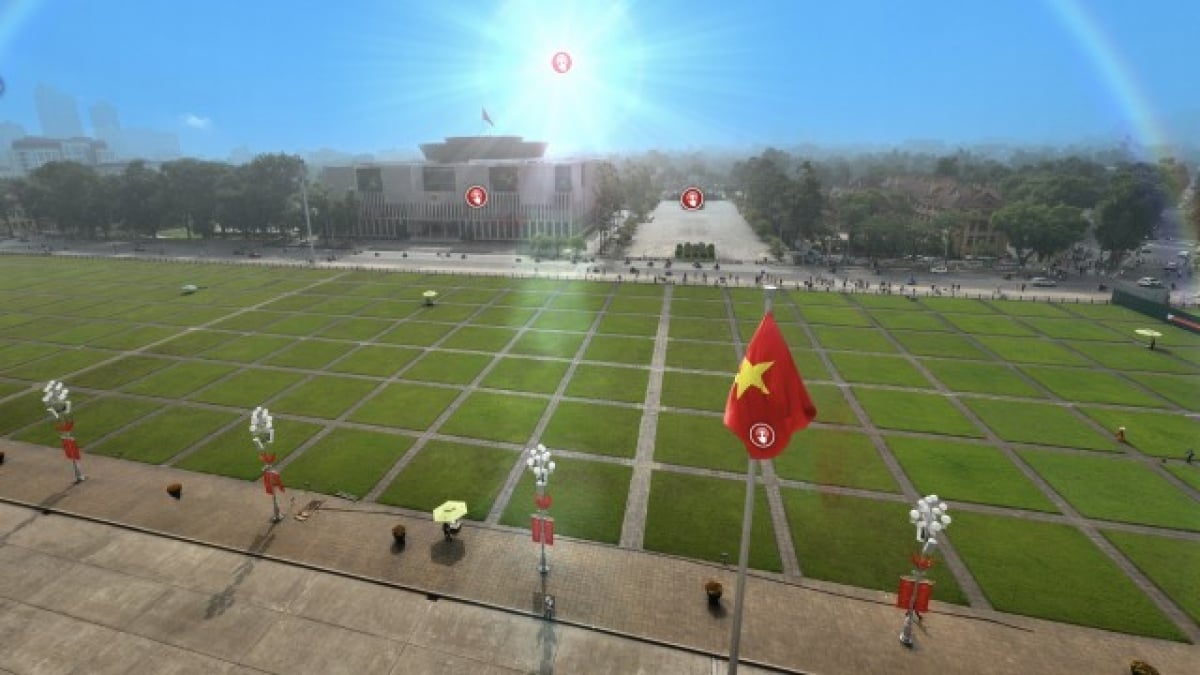





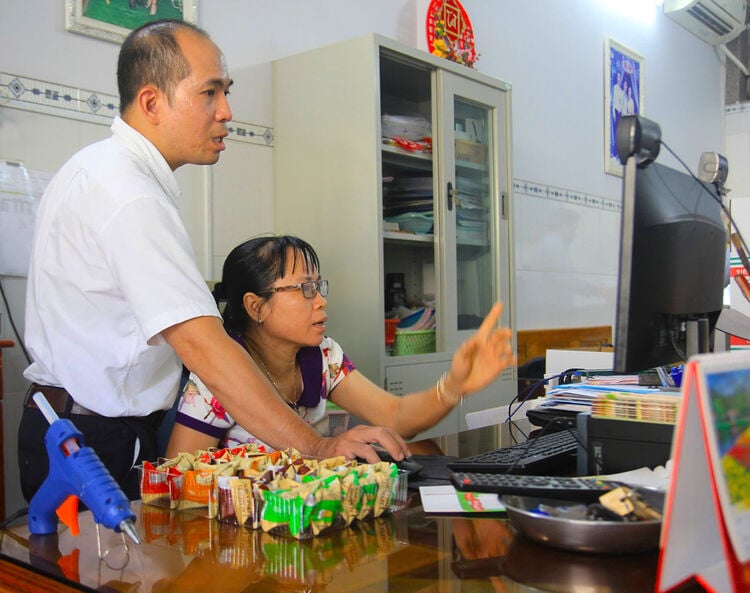







Comment (0)